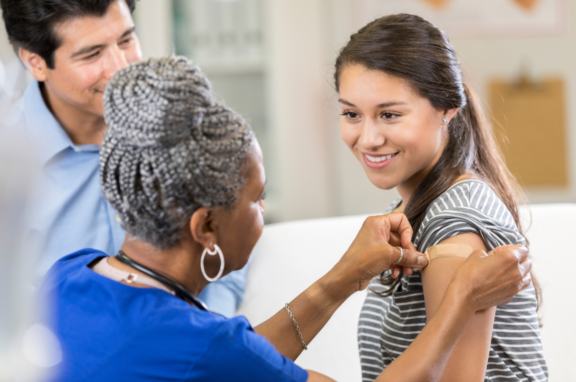Ochsner Health is the leading nonprofit healthcare provider in the Gulf South. Ochsner inspires healthier lives and stronger communities through our mission to serve, heal, lead, educate and innovate.
COVID-19 (coronavirus)

COVID-19 vaccines approved by the Food and Drug Administration (FDA) for 2025-2026 are now available for eligible patients across the communities we serve. Patients are encouraged to contact their care teams with questions and to make a vaccination appointment through their doctor's office or on the MyOchsner app. Locations and appointment times may change based on vaccine supply.